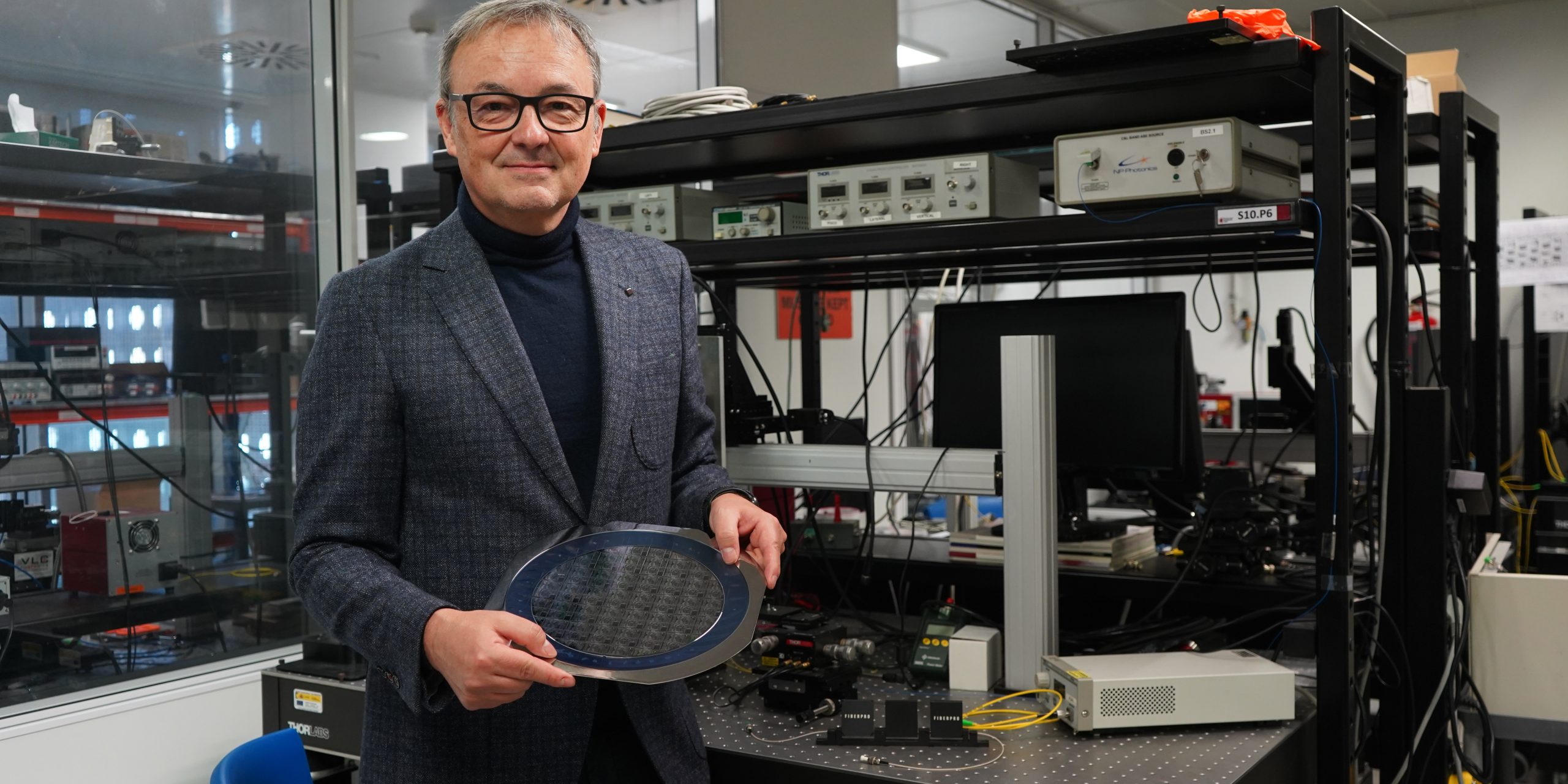José Capmany Francoy, a researcher at the Universitat Politècnica de València (UPV), has been awarded the prestigious ERC Advanced Grant worth €2.5 million from the European Research Council. Capmany will use the funding for his ANBIT project, which aims to create a new computing model that uses integrated photonics technology to complement current digital electronic computing.

The project will focus on developing photonic chips that can overcome the limitations of Moore's law, generating a paradigm shift in the information society. The ANBIT team will work for the next five years to develop analog photonic computing, a new mathematical computational model that adapts to photonics technology, making it the paradigm of the new information society of the 21st century.
Capmany explains that digital electronic computing has limitations, and it takes a long time to solve problems with multiple data that have to be managed simultaneously. Electronic technology tries to overcome the mathematical limitations of digital computing by integrating more transistors on chips to give them more computing speed. However, the ability to double the number of transistors on a chip every two years, known as Moore's law, has come to an end. For this reason, the electronics industry will be less capable of increasing the computing speeds required by different applications in the chips. Capmany highlights that alternative mathematical models proposed to solve these limitations, such as quantum computing and neuromorphic computing, have been evolving slowly for decades. The ANBIT project aims to create a new mathematical computational model, called analog photonic computing, that adapts to photonics technology, which could complement and coexist with digital electronic computing to solve tasks where it is inefficient. If successful, ANBIT could contribute to a new revolution in information technology and society.







